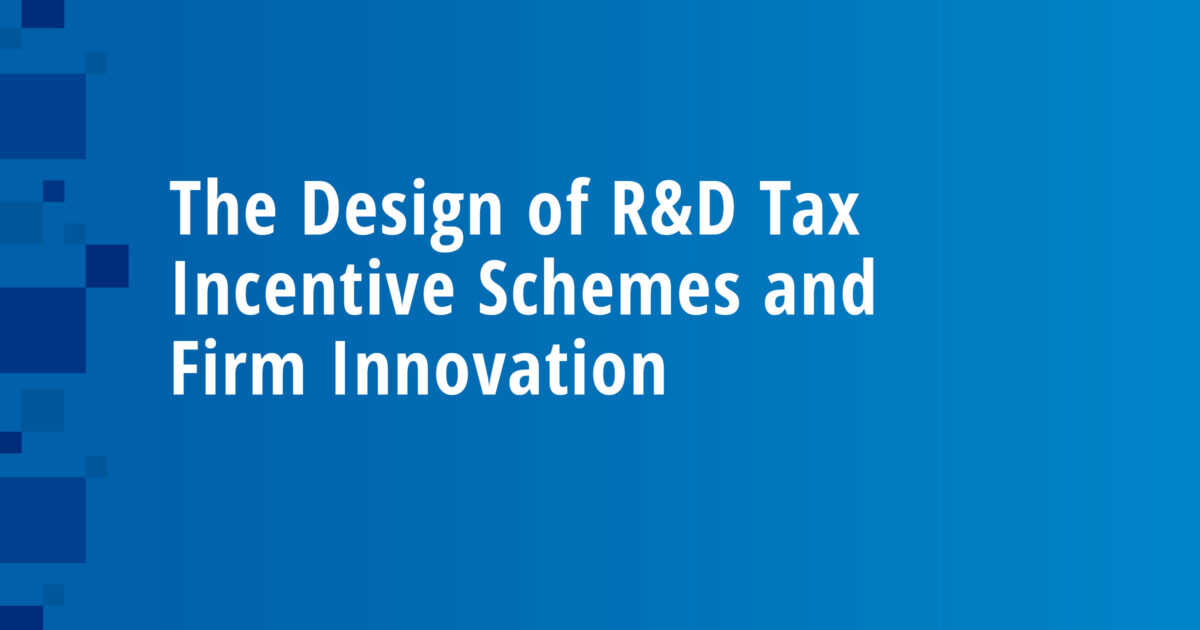
Research and development (R&D) tax credits are widely employed among the OECD countries to promote business sector investments in innovation. The implementation of R&D tax credit schemes, however, varies across countries. The empirical research on the effectiveness of R&D tax incentives suggests that the strength of company responses (in R&D expenditures) to more generous tax incentives substantially differ across countries. We use data from 25 OECD countries, collected from 2010 to 2018, to explore the relationship between a set of R&D tax scheme features and innovation performance. Our estimation results show that the business sector R&D expenditure is higher among those countries that have implemented either an R&D tax credit scheme with an incremental deduction basis or a hybrid scheme with both volume-based and incremental tax relief components. The input additionality is highest when the R&D tax incentives are based on the incremental deduction. Further, the hybrid tax credit scheme positively relates to innovation output. The business sector R&D investment are higher in the countries with an R&D tax credit scheme that provides favorable treatment for SMEs or option to carry forward unclaimed R&D tax credits.